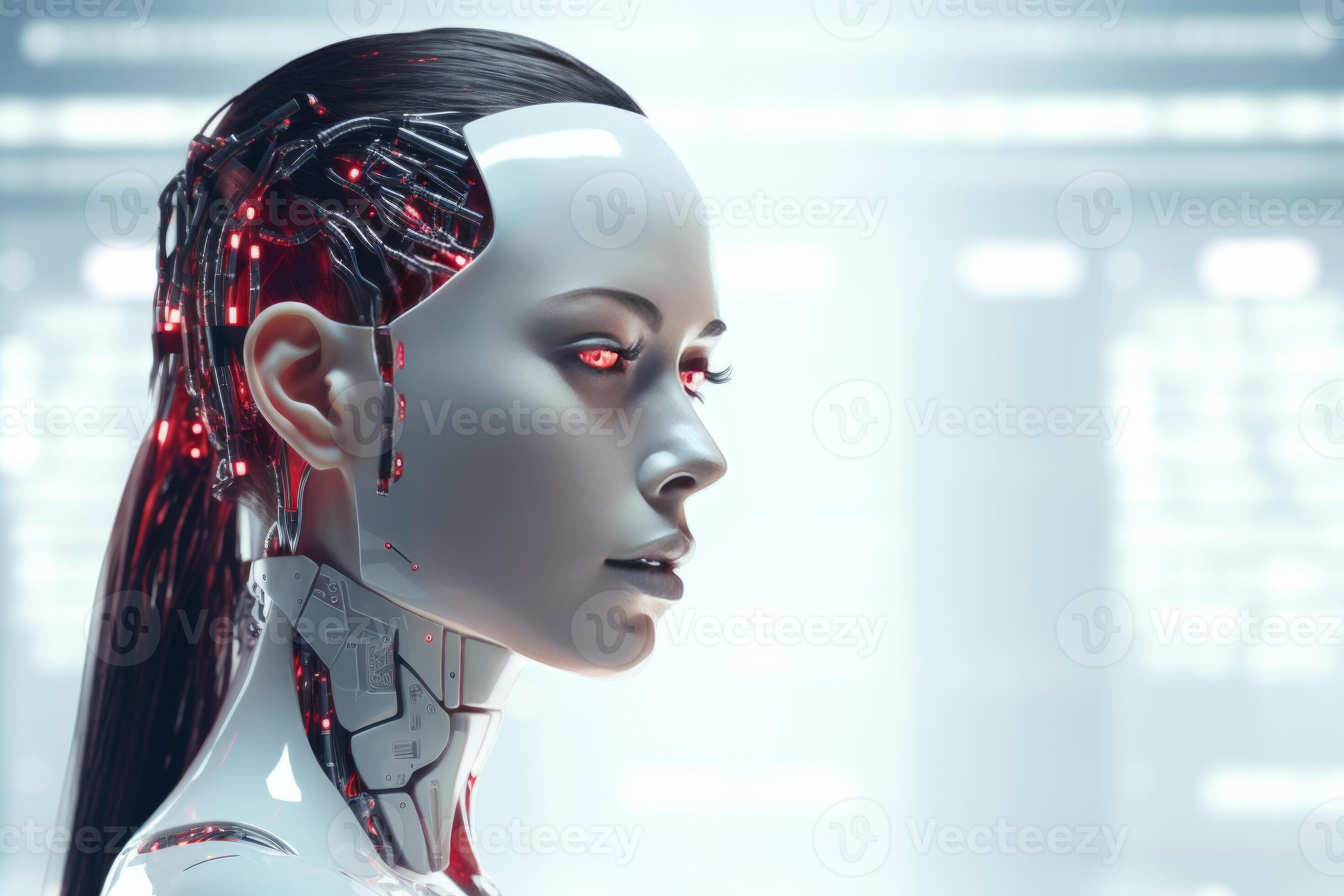
NVidia's AI Revolution: Unleashing the Power of Artificial Intelligence in Personal Computing
The Dawn of a New Era
The advent of artificial intelligence (AI) has ushered in a transformative era, and NVidia, a global leader in computing technology, is spearheading this revolution. With its cutting-edge graphics processing units (GPUs), NVidia is unlocking the boundless potential of AI, empowering personal computing devices to perform tasks once unimaginable.
The Power of GPUs
GPUs, traditionally used for graphics rendering, have emerged as the driving force behind AI advancements. Their parallel processing capabilities enable them to handle massive computational loads efficiently, making them ideal for training and deploying AI models.
NVidia's specialized AI-optimized GPUs, such as the RTX series, offer unprecedented performance gains. They leverage Tensor Cores, dedicated hardware blocks specifically designed for AI operations, to accelerate inference and training tasks.
Applications in Personal Computing
NVidia's AI revolution is transforming personal computing in countless ways. From content creation to scientific research, AI is empowering individuals and businesses to achieve new heights of productivity and innovation.
Content Creation
AI algorithms are revolutionizing content creation workflows. NVidia's Studio platform seamlessly integrates AI-powered tools into popular applications, allowing creators to enhance images, generate realistic 3D models, and edit videos more efficiently.
Scientific Research
AI is also unlocking new frontiers in scientific research. NVidia's Clara platform provides scientists and researchers with high-performance computing capabilities and pre-trained AI models for analyzing large datasets, simulating complex models, and accelerating drug discovery.
Challenges and Perspectives
While NVidia's AI advancements are undoubtedly groundbreaking, there are also challenges and concerns that need to be addressed.
Ethical Considerations
As AI becomes more prevalent in personal computing, ethical considerations arise. Biases in training data can lead to discriminatory outcomes, and the use of AI in surveillance and decision-making raises concerns about privacy and transparency.
Environmental Impact
Training AI models requires significant computational resources, which can result in high energy consumption. NVidia has taken steps to reduce the environmental footprint of its operations, but the broader impact of AI on climate change remains a concern.
Critical Analysis
The NVidia AI revolution is a complex and multifaceted phenomenon. While it offers immense potential for innovation and productivity, it also presents challenges that need to be carefully navigated.
Critics argue that the widespread adoption of AI in personal computing could lead to job displacement and algorithmic biases. However, proponents counter that AI can create new jobs and empower individuals to solve complex problems more efficiently.
The long-term implications of NVidia's AI revolution are yet to be fully understood. However, it is clear that AI will continue to play an increasingly significant role in personal computing, shaping the way we work, create, and interact with technology.
Conclusion
NVidia's AI revolution is a transformative force that is reshaping the landscape of personal computing. By harnessing the power of GPUs, the company is unlocking new possibilities in content creation, scientific research, and countless other domains.
However, it is crucial to approach this revolution with a critical mindset, addressing ethical concerns, mitigating environmental impact, and ensuring that the benefits of AI are accessible to all. As NVidia continues to push the boundaries of AI innovation, it remains our responsibility to guide its development in a responsible and equitable manner.
Post a Comment